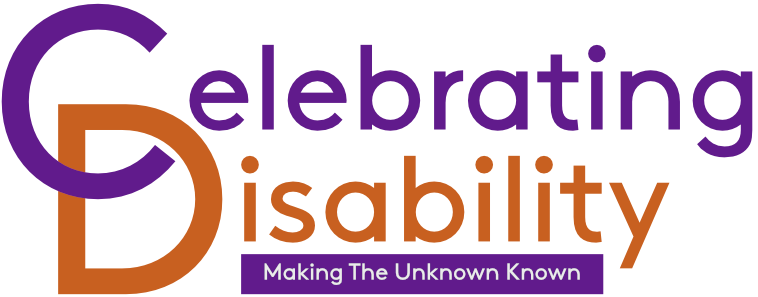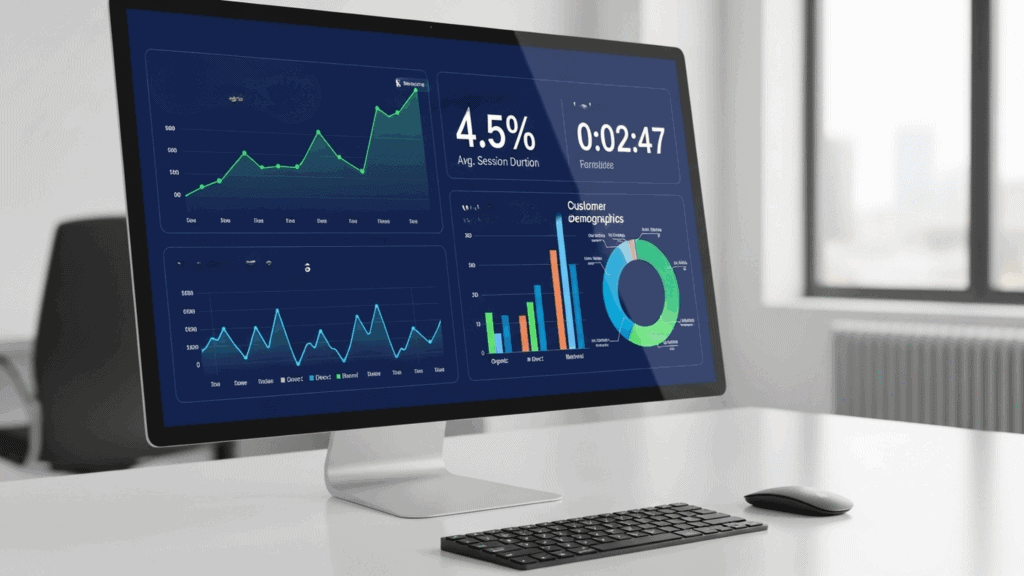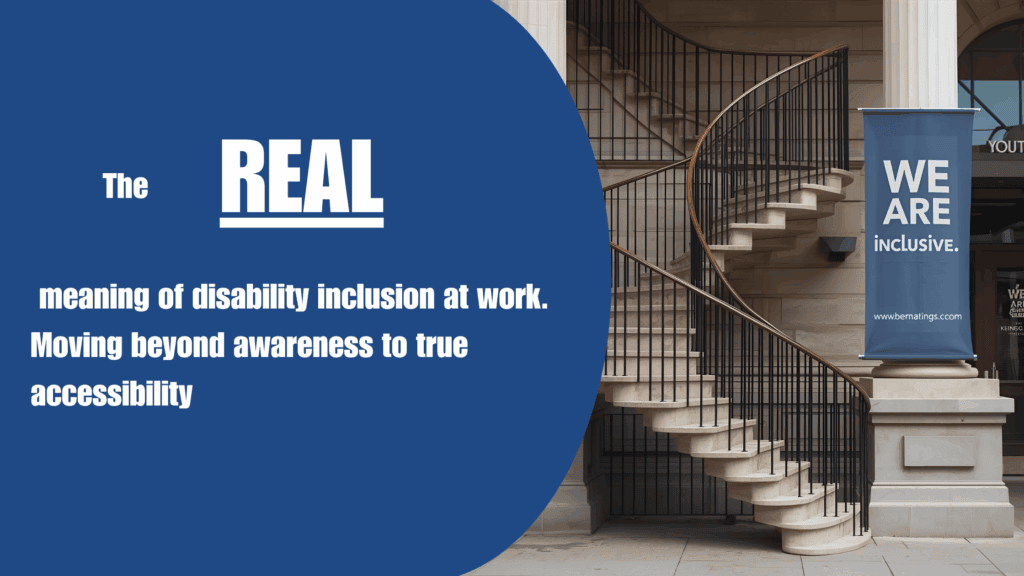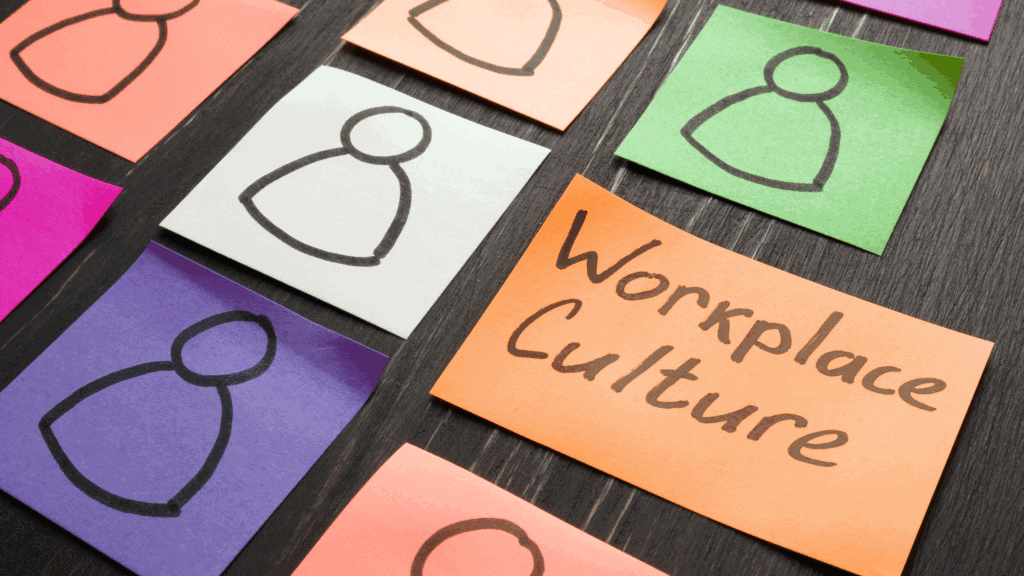There are many advantages in using a disability mediator to help you resolve conflict.
This can arise in family, community or in the working environment and it is particularly beneficial if you feel too intimidated to speak out and make your voice heard.
Where the family conflict is about separation, divorce, finances or arrangements for children you would need to see a specialist family mediator who is accredited by the Family Mediation Council. To find out more about family mediation,
The benefits of mediation for people with disabilities
Disability mediation maintains a communicative and positive approach to resolving conflict, significantly lowering tension, stress, anxiety and antagonism, all of which are associated with conflict.
Your mediator will have had years of experience working with a wide range of disabilities. Trained to a high standard, he or she can adopt an impartial viewpoint, without favouring one side.
It is available for both employers and employees, whether individuals or in a group and service users.
You can talk about your disability without embarrassment, tension or feeling self-conscious which can otherwise lower self-esteem and make you feel inhibited.
Specialities
Mediators that specialise in disability will have the knowledge and skill to be able to ask more appropriate questions. This will save time, money and anxiety and ensures a better focus on the key areas of importance to find the best solution.
By engaging with a specialist mediation provider, you are likely to enjoy a successful outcome, which will mean both parties leaving with satisfaction, avoiding expensive and lengthy litigation.
You may find that you feel more empowered as a participant to mediation to resolve personal conflict because the process is voluntary, as opposed to being summoned to attend a Court hearing, which may take years to go through, with possible appeals. This can add a heightened feeling of control, and you will be able to continue with your normal daily life, feeling more at ease than if you were to go to Court.
How long will mediation take to resolve my conflict?
Often, only a day is required. Resolution will happen in an amicable way and it can occasionally restore or improve a fractured relationship. Both parties usually feel a sense of satisfaction at the result, rather than being told an outcome by a judge, tribunal or disciplinary panel, after which the agreement may fall apart, at a later date.
What about The Equality Act?
Dispute resolution with disability mediation will reduce the risk for business owners and employers of negative publicity and will ensure best practice for conforming to The Equality Act 2010.
After mediation, many people report that they feel better understood, listened to with respect and enlightened.
If you are an individual in employment who wishes to manage conflict you may wish to visit our conflict coaching page.
For more information about Centre for Resolution please click the link. They also have a Facebook Group called Everything Disability that you may wish to join, where best practice and knowledge is shared about disability.



